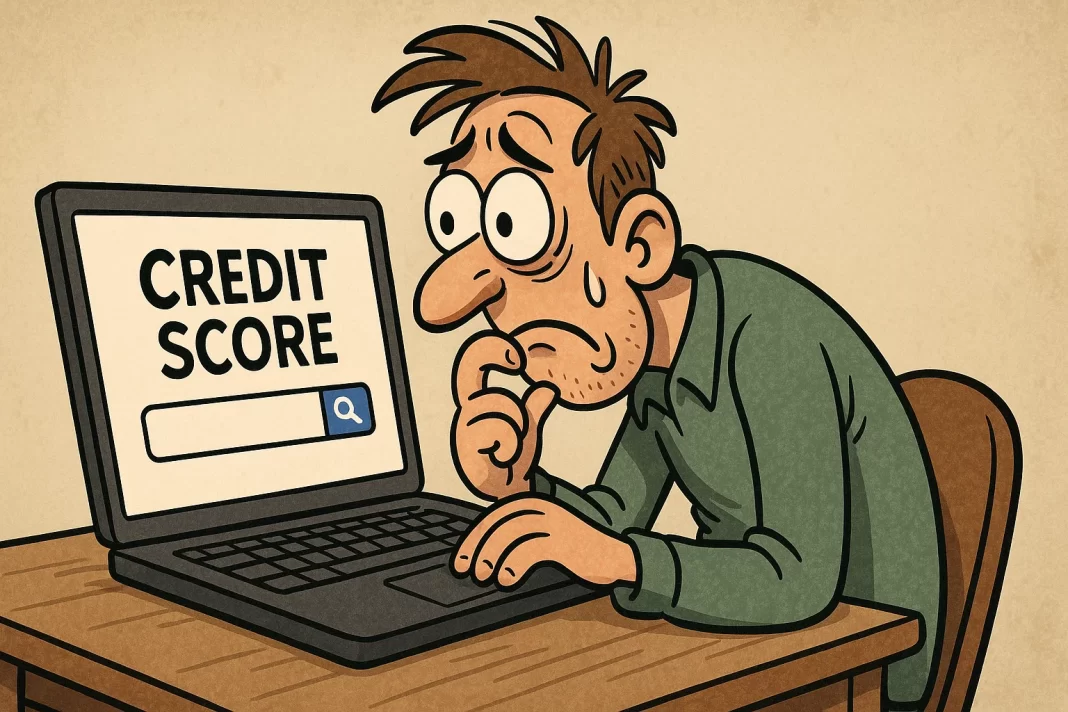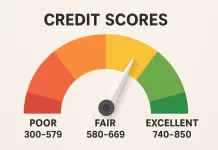Opening a new credit card can feel like a strategic move—whether to build credit, earn rewards, or consolidate debt. But for many Americans, there’s a lingering concern: Will it hurt my credit score?
The short answer is: yes, but only slightly and temporarily—and not always in the ways people think. In reality, applying for a new card is one of the most misunderstood aspects of credit management.
Let’s break down the short- and long-term effects of applying for a new card, and how to manage your credit wisely during the process.
📉 The Immediate Impact: A Small Dip from a “Hard Inquiry”
When you apply for a credit card, the issuer performs a hard inquiry (or “hard pull”) on your credit report to assess your creditworthiness.
-
Effect on your score: Typically a drop of 3 to 8 points, according to FICO.
-
How long it lasts: The impact diminishes within a few months and falls off your report entirely after two years.
-
Why it matters: Frequent hard inquiries in a short period may signal financial stress or overextension to lenders.
💡 Good to know: Checking your own credit score or getting pre-qualified (without a formal application) triggers a soft inquiry—which has no effect on your score.
💳 After Approval: The Counterintuitive Boost
Once approved, opening a new credit card can actually help your credit score—if managed responsibly.
Here’s why:
-
Increased credit limit = lower credit utilization
If your total available credit rises and your spending remains stable, your utilization ratio drops—a major plus for your score. -
Diversifying your credit mix
Having different types of credit (like revolving credit from cards and installment loans like car payments or mortgages) improves your score over time. -
On-time payments add positive history
A new account is an opportunity to build a consistent payment record—the single most important factor in your score.
🧮 But There Are Caveats
Adding new credit isn’t always beneficial—especially if:
-
You already have a short credit history
A new account lowers your average account age, which can slightly drag down your score. -
You open multiple accounts at once
Multiple hard inquiries and several new lines of credit can raise red flags to lenders and reduce your score temporarily. -
You overspend to hit bonus thresholds
Chasing rewards can backfire if you carry a high balance and rack up interest.
🧠 Credit Score Factors at a Glance (FICO Model)
| Factor | Weight | New Card Impact |
|---|---|---|
| Payment History | 35% | New card helps if paid on time |
| Amounts Owed (Utilization) | 30% | New card improves ratio if you don’t overspend |
| Length of Credit History | 15% | May decrease average account age |
| Credit Mix | 10% | Can improve if adding a different type of credit |
| New Credit | 10% | Hard inquiry and new account can cause short-term dip |
✅ Best Practices Before Applying
-
Know your current score – Use a soft-inquiry tool to check.
-
Apply strategically – Don’t open several cards within a few months.
-
Avoid if applying for a major loan soon – If you’re applying for a mortgage or auto loan in the near future, wait until after that process.
-
Use your new card wisely – Pay in full, on time, and keep balances low.
🧾 Final Takeaway
Yes, applying for a new credit card can temporarily lower your score—but it’s not inherently bad. If done responsibly, it can actually strengthen your credit profile in the long run. Understanding the nuances—how the scoring models work, and how your habits influence them—makes all the difference.
In other words: opening a new credit card won’t wreck your credit—but mismanaging it might. As with most financial decisions, the key lies not in the move itself, but in how you follow through.






